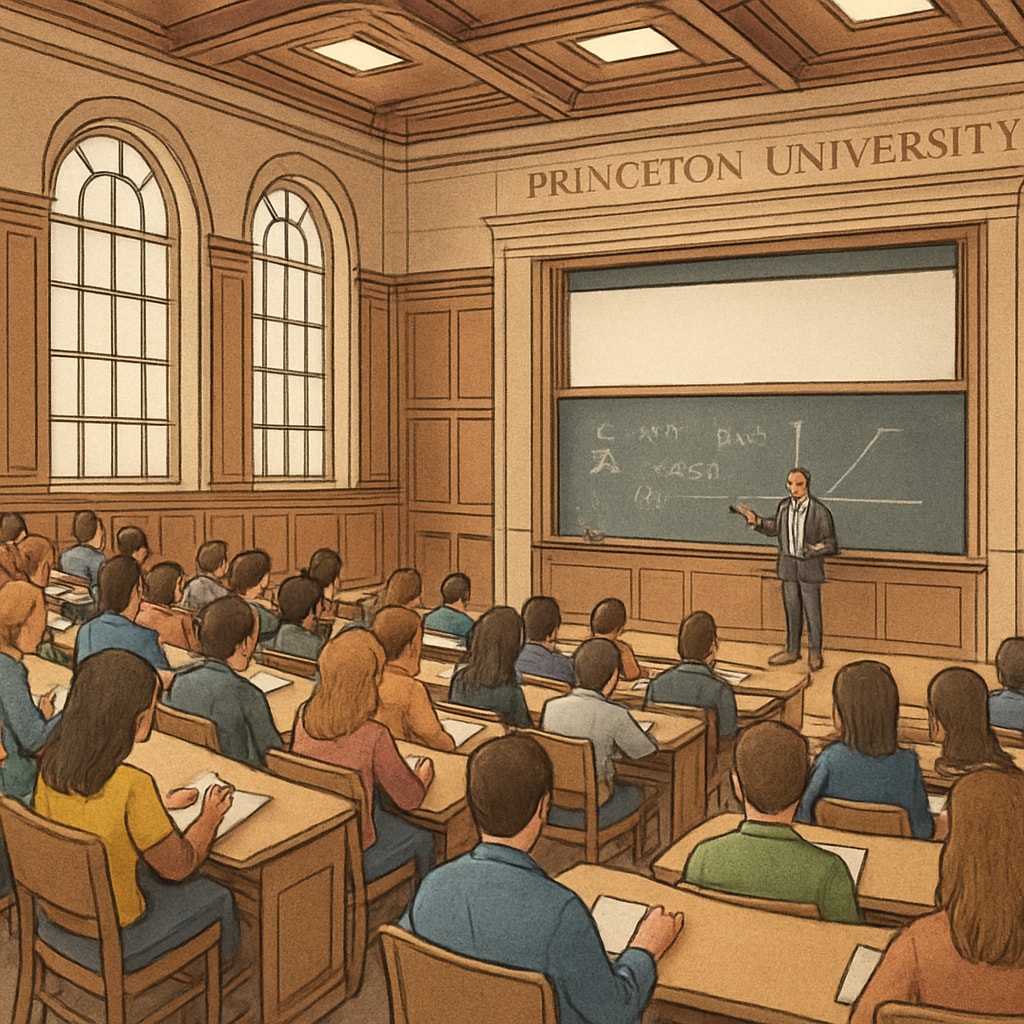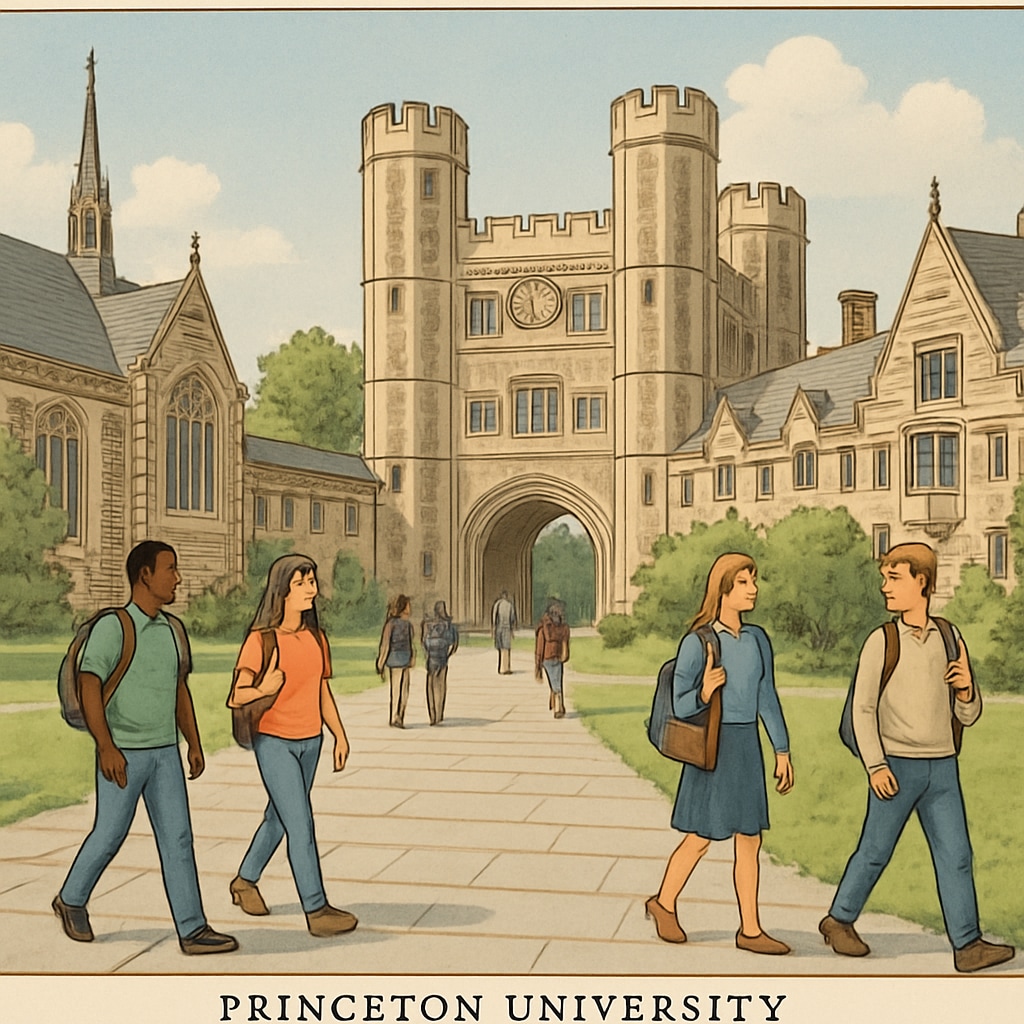The reputation of Princeton University and the Ivy League as a whole often dominates conversations about higher education. With their storied history and exclusive admissions processes, these institutions are frequently seen as the pinnacle of academic excellence. However, are Ivy League schools truly worth the hype, or have their reputations been “overrated”? This article explores the gap between their prestige and actual educational quality, while challenging the mindset of K-12 students and parents who blindly chase these elite institutions.
Are Ivy League Schools Overrated?
The Ivy League, a group of eight private universities in the northeastern United States, has long been synonymous with academic brilliance, social prestige, and promising career opportunities. Princeton University, often ranked among the top, exemplifies this image. But is the value of an Ivy League education proportional to its reputation?
Critics argue that the Ivy League’s allure is rooted more in historical branding than in actual superiority. For instance, a 2022 study published in The New York Times revealed that graduates of public flagship universities often outperform their Ivy League counterparts in specific fields such as engineering and computer science. Furthermore, the teaching quality at Ivy League schools is not always exceptional; many professors prioritize research over student engagement, leaving undergraduates to fend for themselves.

Princeton University: Prestige vs. Practicality
Princeton University, one of the most recognized Ivy League schools, has been praised for its small class sizes and strong liberal arts curriculum. However, the question remains: does Princeton’s prestige justify the cost of attendance?
Tuition fees at Princeton exceed $80,000 per year, a figure that excludes additional expenses like housing and textbooks. For many families, this cost is simply unsustainable. Moreover, Princeton’s focus on theoretical education over practical skills has been criticized by industry professionals, who often find graduates underprepared for real-world challenges.
In addition, the exclusivity of Ivy League admissions can foster a culture of elitism. Students from affluent backgrounds have disproportionate access to these institutions, while talented individuals from underprivileged communities face significant barriers. This raises ethical questions about whether Ivy League schools, including Princeton, truly promote meritocracy or perpetuate social inequality.

Rethinking K-12 Education Priorities
The obsession with Ivy League schools starts early, often driven by societal pressure and misconceptions about success. Many parents and students in K-12 education believe that admission to an Ivy League institution guarantees lifelong achievement. This mindset, however, overlooks the broader spectrum of quality education available at non-Ivy institutions.
Instead of focusing solely on brand names, families should consider factors like academic programs, campus culture, and affordability. Public universities and smaller liberal arts colleges often provide equally robust educational experiences, with greater emphasis on undergraduate teaching and student support services.
As a result, the blind pursuit of Ivy League schools can lead to unnecessary stress during the college application process. Students should be encouraged to explore diverse educational options and prioritize personal growth over prestige.
Conclusion: Prestige Is Not Everything
While Princeton and other Ivy League schools undeniably offer unique opportunities, their reputation often overshadows the reality of their educational value. It is essential for students and families to critically evaluate whether the cost and competition associated with these institutions align with their long-term goals.
Ultimately, the myth of Ivy League superiority should be questioned. Success is not determined by the name of a university, but by the skills, knowledge, and experiences gained during one’s educational journey.
Readability guidance: Use concise paragraphs and clear arguments; leverage lists where possible to summarize key points; maintain a balance of active voice and avoid overly long sentences.


